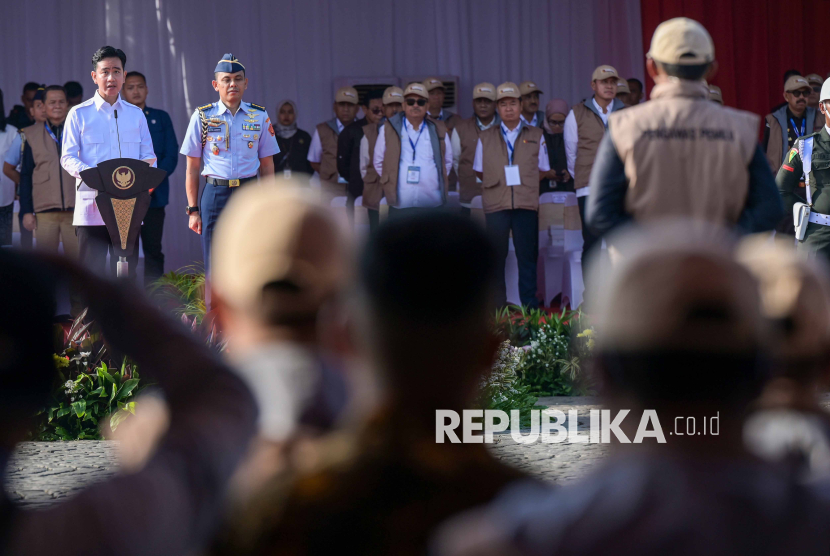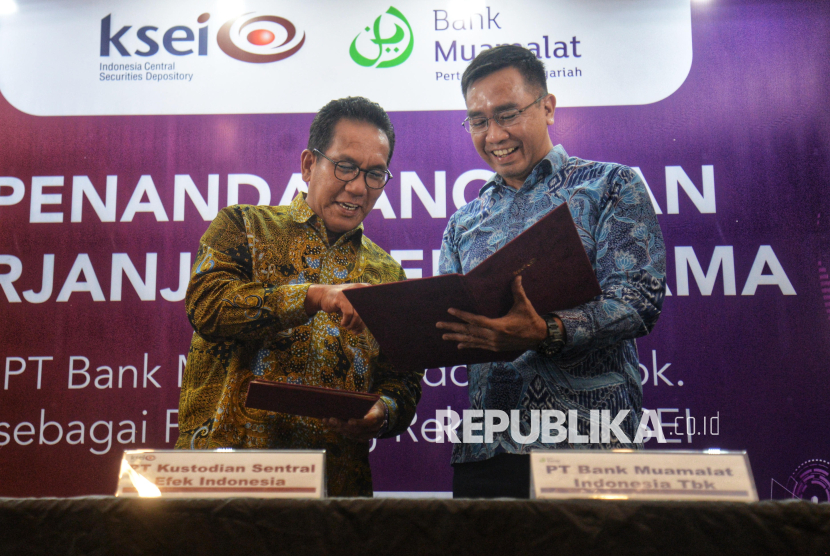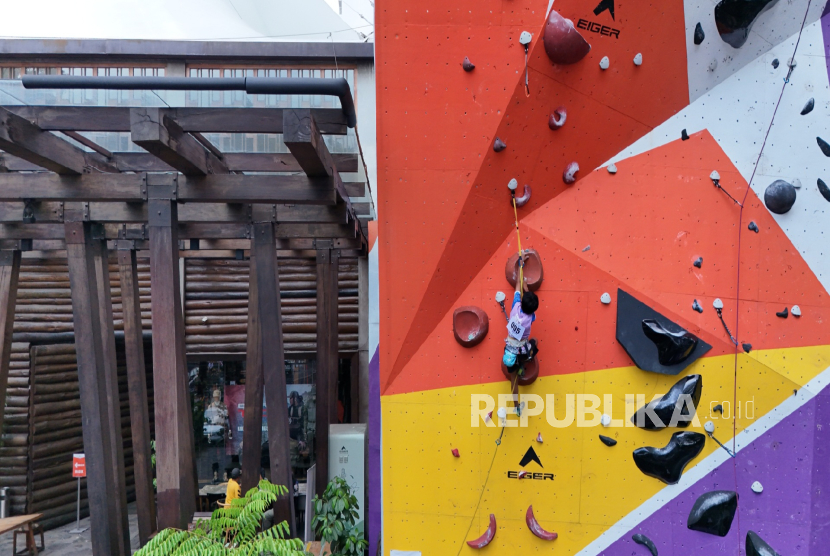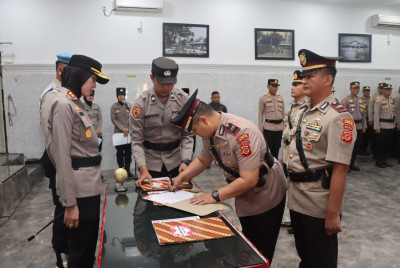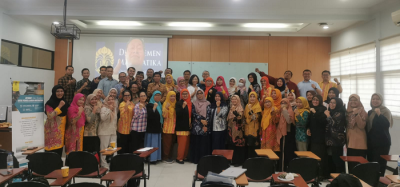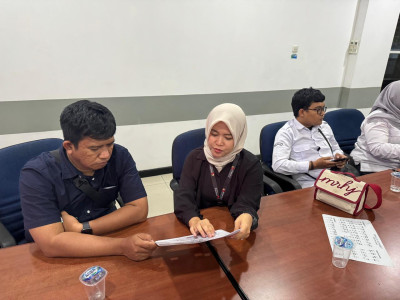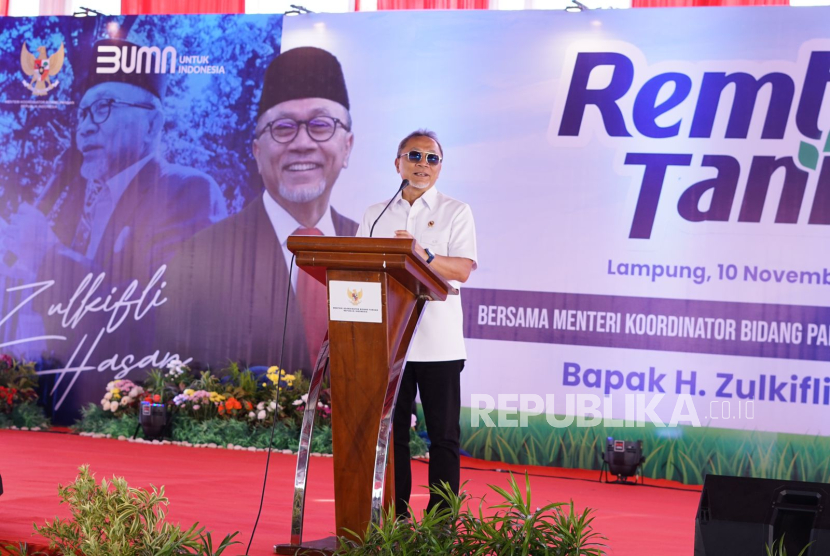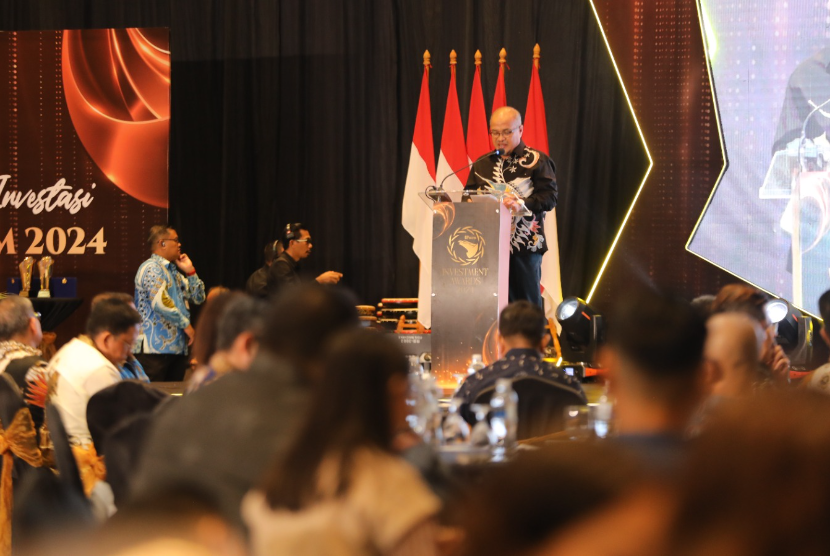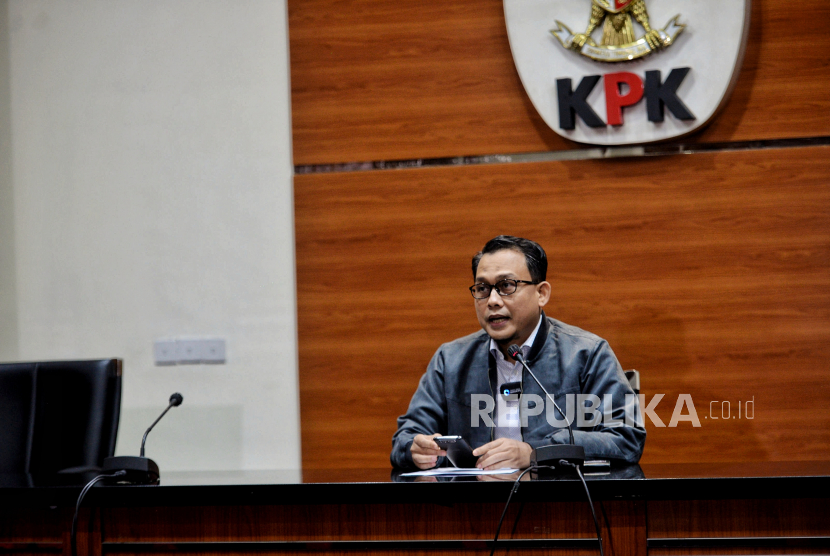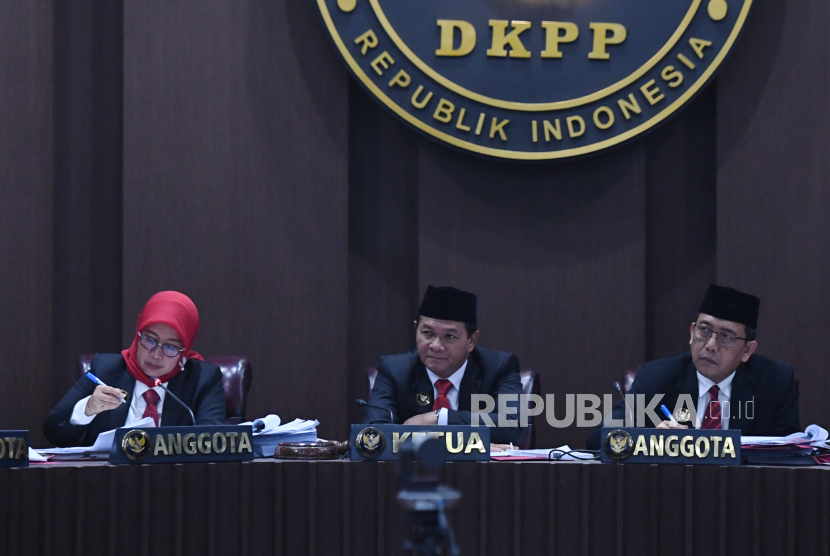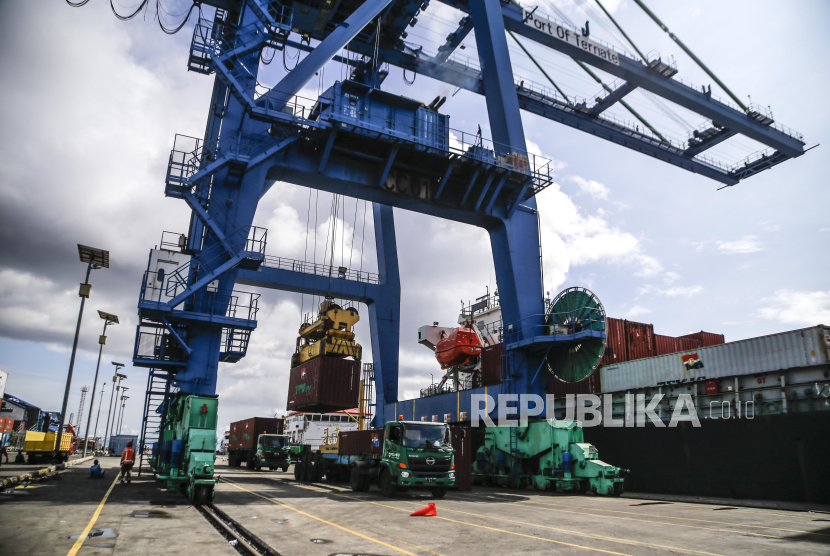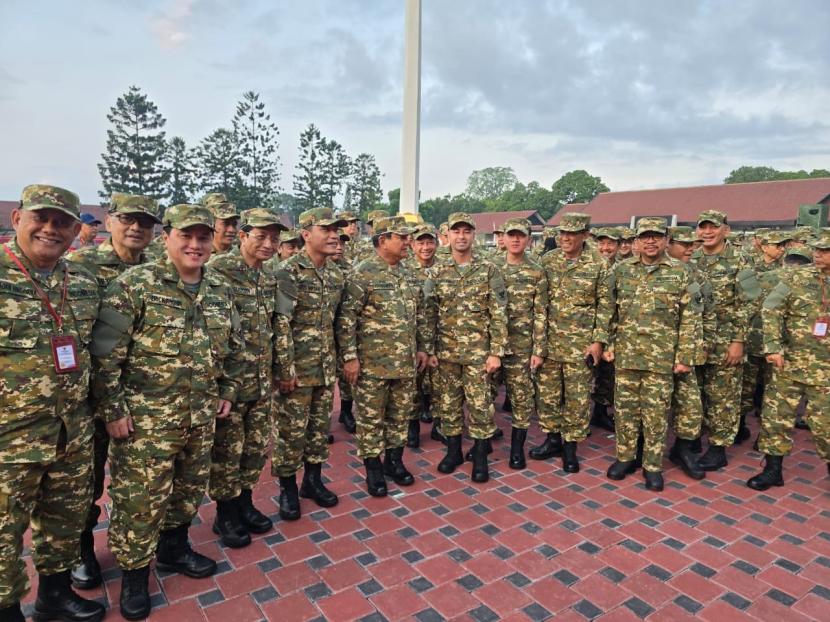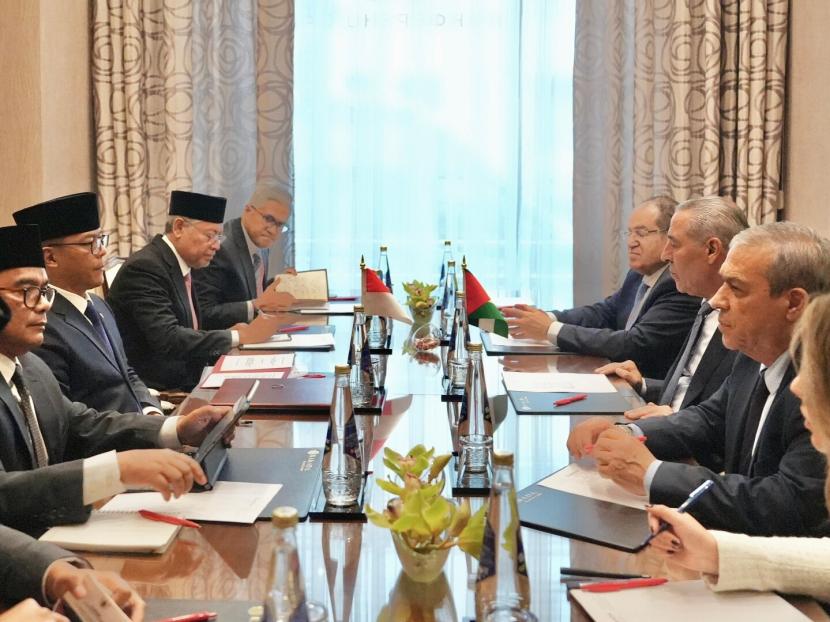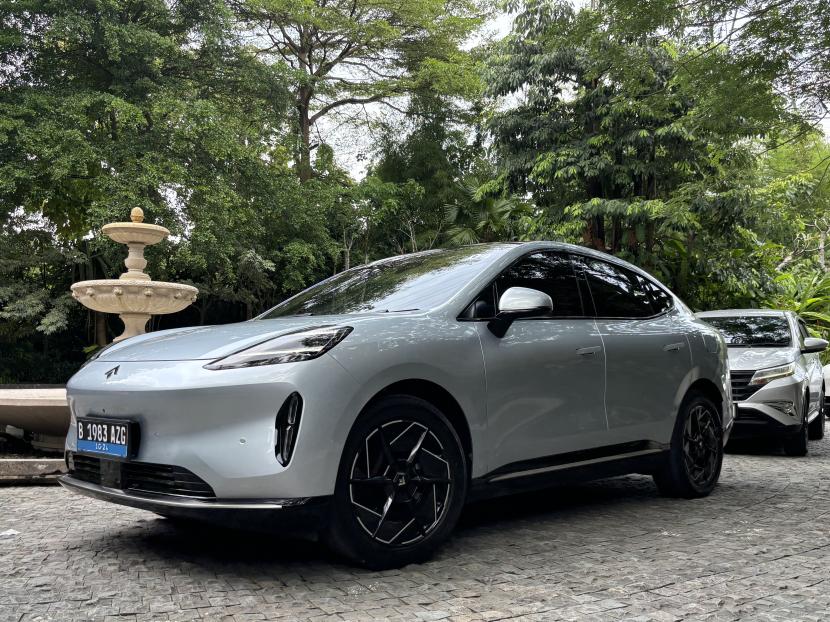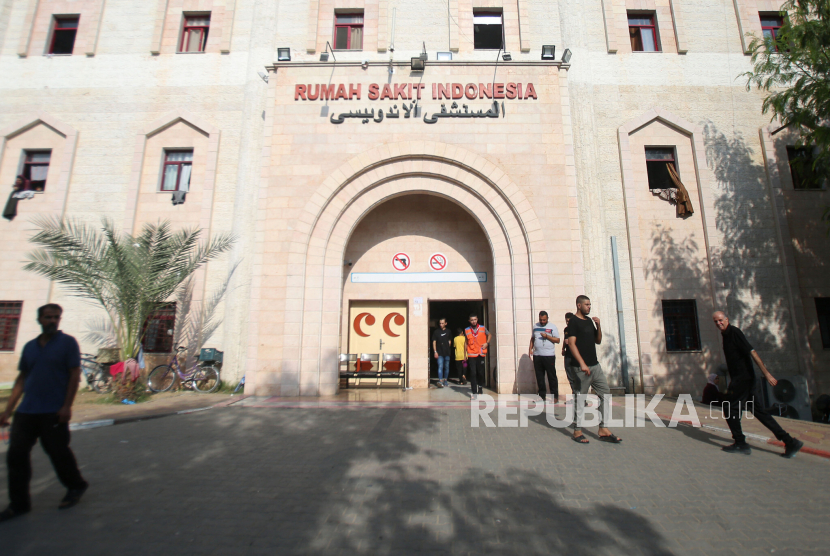REPUBLIKA.CO.ID, BAKU -- President Director and CEO of PT Vale Indonesia Tbk Febriany Eddy, affirmed the company's commitment to supporting the global energy transition through sustainable and low-carbon nickel mining practices. PT Vale Indonesia, which has been operating for 56 years, capitalizes on Indonesia's potential as one of the countries with the largest nickel reserves in the world.
Febriany said critical minerals such as nickel are an important element in the energy transition, and this opens up great opportunities for Indonesia. Currently, Vale Indonesia has three major projects with a total investment value of up to 9 billion US dollars that have been approved by shareholders.
“We have three projects approved by our shareholders, worth nine billion US dollars. And this, in 2026 and 2027, we will complete all our projects and at that time we will double our production. From today, 80,000 to more than 300,000 tons of nickel. And this would not have been possible without increased demand from the energy transition. Opportunities come with challenges,” Febriany said at a discussion panel in the COP29 series, in Baku, Azerbaijan, on Monday (11/11/2024).
Febriany said the company is targeting an increase in production from 80,000 tonnes to more than 300,000 tonnes a year, along with increasing demand for nickel for energy transition needs. However, this great opportunity is also faced with challenges. One of the main challenges is the high carbon nature of nickel laterite ore.
Febriany said Vale Indonesia is working to make nickel a solution for decarbonisation, with a commitment that all mining and processing processes have a low carbon footprint. For example, Vale's operations in Sorowako, South Sulawesi, have been powered entirely by hydro energy, making it one of the lowest carbon intensity nickel mines in Indonesia.
In its efforts to expand operations into Central Sulawesi and Southeast Sulawesi, Vale faces new challenges as it does not have access to hydropower sources in those regions. To address this challenge, the company is implementing the latest technology that results in lower carbon intensity than operations at Sorowako.
Febriany mentioned the role of High Pressure Acid Leaching (H-PAL) technology in driving carbon efficiency in the industry, although there are still challenges in tailings waste management. HPAL is a mineral processing technology, particularly nickel ore, which involves the process of dissolving metals using acids at high pressures. This process produces a byproduct in the form of highly purified nickel sulfate, making it an ideal raw material for the production of electric vehicle (EV) batteries.
He said Vale Indonesia continues to work on solutions to deal with tailings with the help of their technology partners from China, and is optimistic that in the next few years it can announce progress on tailings management.
One of the innovative projects that Febriany highlighted was the construction of a nickel plant in Sombalagi, designed for net zero or zero-emissions from day one. The $1.5 billion project is a symbol of Vale Indonesia's commitment to sustainability. Febriany stressed the achievement of net zero is not only important from the environmental side, but also contributes to the efficiency of operating costs.
He said by harnessing waste heat recovery technology, about two-thirds of the plant's energy needs would be met from energy recycling within the facility itself, making it one of the plants with the lowest operating costs in the world. Febriany also underscored the importance of inclusive economic growth through corporate investment in the region surrounding the project.
In Sombalagi, which is currently a remote area with a population of about 600 people, PT Vale plans to build a green industrial park. The company allocated about 40 million US dollars of the total investment to support the surrounding communities. Approximately 10 million US dollars will be used for the construction of community facilities, and 30 million US dollars will be allocated for water, electricity, and other infrastructure facilities that can be used by the community and the company's employees.
In order to support the transfer of technology and knowledge to Indonesia, PT Vale also invested 14 million US dollars to establish an R&D (research and development) facility. The facility is expected to accelerate the transfer of technology from China to Indonesia.
According to Febriany, Vale Indonesia's technology partners in China are committed to sharing knowledge and technology, thus enabling Indonesia to patent the innovations generated at the R&D facility. Febriany hopes that with the transfer of this technology, Indonesia can move from a resource-producing country to an industrial country that masters technology.
At COP29, Febriany is optimistic that Vale Indonesia's projects, particularly those that promote sustainability and low carbon aspects, can serve as an example for other companies in the mining sector. He also invited COP29 participants to monitor the progress of the project, which is expected to be completed in the next year and a half, and expects progress reports to be delivered at the upcoming COP31.
PT Vale Indonesia, with a strong commitment to decarbonization and sustainability, positions itself as a mining company that supports the energy transition while prioritizing community and environmental development.

 1 week ago
18
1 week ago
18




